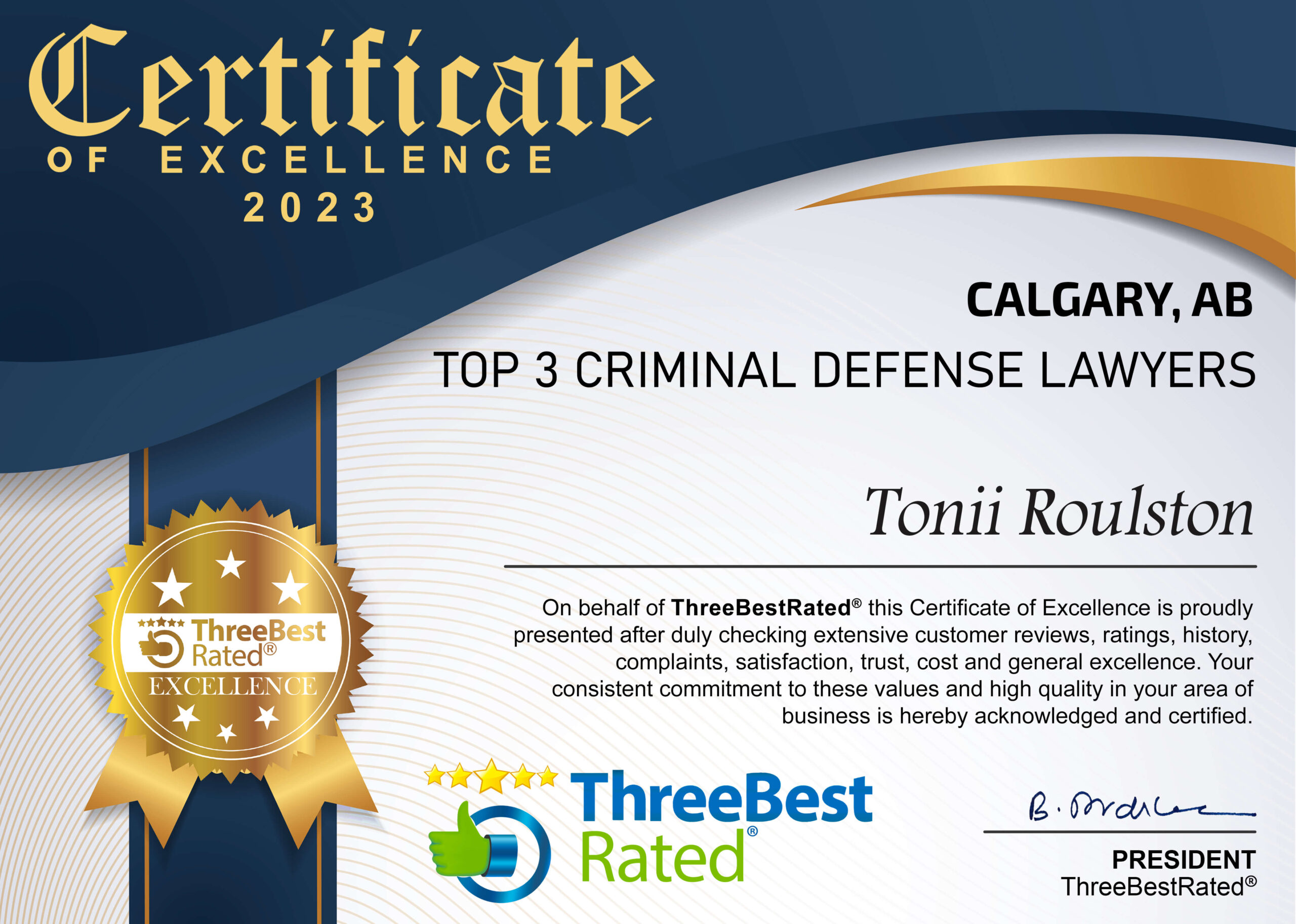Young persons facing criminal charges attend a separate courtroom and speak with specific Crown Prosecutors assigned to their matter. They are also subject to a different statute than adults, titled the Youth Criminal Justice Act. This applies to young people aged twelve to seventeen years old.
Youth Charges
Youth Criminal Lawyers
We advocate for our youth clients to minimize any possible long-term consequences of a criminal charge and provide support during this stressful process.
Young persons are also entitled to different treatment during an arrest, investigation and sentencing. The focus of the court is to rehabilitate and reintegrate the young person into society, rather than punish. As your defence lawyer, it is our responsibility to protect the future of the accused young person.
Questions
What are Youth Charges?
Youth charges refer to a young person charged with a criminal offence under the Youth Criminal Justice Act.
What is the difference between youth and adult matters?
Children between the ages of 12-17 years old will fall under the Youth Criminal Justice Act (YCJA) which details the specific treatment for youth facing criminal charges. Adults will only be charged under the Canadian Criminal Code. Young persons will still be protected under the Canadian Charter of Rights and Freedoms but will also be granted additional rights by the YCJA. The emphasis of the youth criminal justice system is also different than the focus for adult offenders. The courts prioritize rehabilitation and reintegration for young persons with an emphasis of choosing the best sentence for the child’s future.
How might my case be resolved?
The criminal charges facing a young offender may be resolved through negotiations with the Crown resulting in an agreement to complete Extra Judicial Measures or the Mental Health Diversion Program. Your criminal charge may also be withdrawn. If an agreement cannot be reached, your lawyer will take the matter to trial to argue your case.
Extra Judicial Measures is a program that details various sanctions a young person may complete in order for their charge to be withdrawn. This may include volunteer work or payment of a fee. This program is only available for young persons facing a minor offence.
The Mental Health Diversion (MHD) program is available for youth sixteen to eighteen years old. The focus of this program is to provide treatment for young persons that were experiencing mental health issues at the time of the incident. Upon successful completion of this program, the criminal charge will be withdrawn.
The Extra Judicial Measures and Mental Health Diversion programs require the consent of the Crown Prosecutor.
Whether it is a minor or serious charge, it is crucial to secure an experienced youth criminal defence lawyer to provide legal assistance. At Roulston Urquhart Criminal Defence, we have a strong reputation for defending young persons.
What are the potential sentences a youth may face?
There is a wide spectrum of possible sentences that a youth may receive. It is dependent on the severity of the offence committed. For instance, a minor offence may result in only a reprimand but a very serious and violent offence may receive an adult sentence. Before the determination is made, a pre-sentence report will be completed to detail all personal circumstances and provide context to the offence. The Courts rely on these reports to determine the type and length of the sentence ordered.
Will I go to jail if I am convicted as a young person?
The Crown Prosecutor can argue to have a young person sentenced as an adult if an extremely serious offence has been committed and they are over the age of fourteen.
If you are convicted with a serious offence and sentenced as a youth, you may serve time in custody at a Young Offenders Center. Individuals are not transferred to an adult prison until the age of eighteen.
Will my parents be notified if I am charged with a criminal offence as a young person?
The parents or guardians of a young person that has been criminally charged have the right to be informed and usually receive notification of court proceedings. This will include your arrest by police, possible sentencing and future court dates. In certain cases, parents and guardians may also have access to reports that may arise.
Is a youth record automatically erased when my child turns 18 years old?
No. A youth record is only erased if that individual does not commit any additional crimes for a specific time period set by the courts. If your teen commits a further offence as an adult, at the age of 18 or older, and the youth record is still available, their record may be changed to an adult record. The length of time for a youth record varies and is dependent on the seriousness of the offence and the court’s decision. For instance, it may be as short as two months if your child is found not guilty and the charge is withdrawn, or a reprimand is given. The time period may also be as lengthy as five years from the last penalty if the Crown Prosecutor classifies the act as an indictable offence. This is reserved for more serious offences.
Relevant Cases
Our past cases prove the practical and effective results in successfully defending and negotiating criminal charges. We will provide you with a step-by-step plan to defend your charges and ideally resolve before trial. Our criminal defence lawyer’s goal is to protect your criminal record and your freedom.
